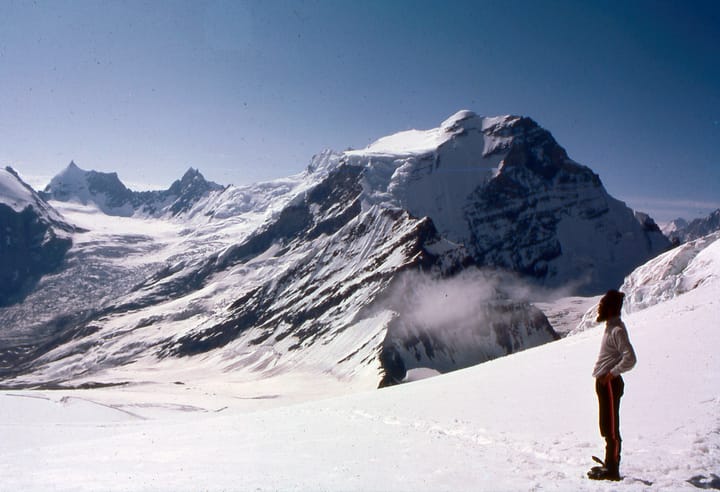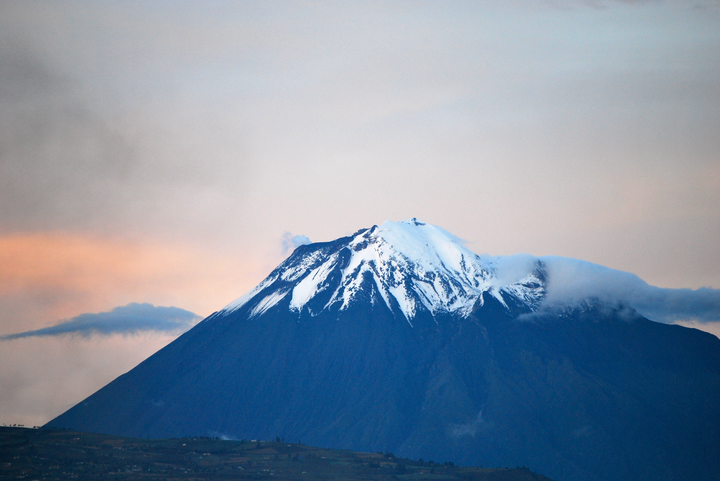Nepal Earthquake: How to help

If in India, here are a few things to keep in mind while trying to aid relief efforts in Nepal.
Saturday’s 7.9-magnitude earthquake in Nepal has now reportedly claimed over 5000 lives. The death toll is expected to increase to 10,000 people according to Nepal’s Prime Minister, making this the biggest disaster the country has faced in over 80 years. Relief efforts are underway, as the world begins to realise the full extent of damage. At times like this, it’s human nature to want to help, but knowing how can be challenging. Following bad press from Haiti and a number of individual donation links popping up on the Internet, it’s important to work with reputable charities in order to make a difference.
Donating money
This is the best way to help, though the sheer number of organisations appealing for funds can confuse any good samaritan. A number of vetted charities are accepting donations that will help rebuild what has been lost in the long run. Other organisations accepting monetary donations:
Oxfam: https://www.oxfamindia.org/donate
Gunjan Jain from Oxfam India said, “It was raining all night and people are stranded, out in the open. Our team there didn’t sleep last night, because the aftershocks aren’t stopping.” The humanitarian agency’s team is in Gorkha, one of the worst affected regions. They aren’t collecting relief material in kind, but require money for long-term plans that include building sanitation facilities.
Facebook: http://goo.gl/gEBIlZ
Facebook has teamed up with the International Medical Corps who are on the ground providing first-aid to survivors. They’re providing a platform to donate money, encourage your friends to do the same and have additionally pledged to donate $2 million.
Donating in kind
There are specific items needed after a disaster of this scale. What you want to give may not be what is needed, “In the past we’ve seen that people tend to donate stuff they’re not using,” said Manu Gupta, Director of SEEDS India, a local NGO on the ground. Before sending anything, check what’s needed with the organisation you’ve chosen to work with.
Required Items: Quality tarpaulins or tents, dry ration (rice, pulses, spices, milk powder, tea leaves, sugar), solar lamps, basic medicine, basic utensils, torches & batteries, blankets, sanitary pads, basic toiletries, wheelchairs & crutches, working mobile handsets, bed-sheets and mats.
A few of the organisations collecting relief supplies in India:
Goonj
Link: http://goonj.org/
Located in Bangalore, Bhubneshwar, Bihar, Delhi, Hyderabad, Kolkata, Mumbai, Rishikesh.
Link: http://goonj.org/?page_id=22868
An Indian non-profit organisation, Goonj has the required permission from the Indian government to transfer relief material to Nepal. Their team on the ground are also travelling to the areas outside Kathmandu to assess the situation.
Embassy of Nepal
Barakhamba Road (Opposite Mandi House)
New Delhi
Phone no. 011-23237361 / 011-23476200
Donating time
Founding member of Goonj, Meenakshi Gupta says, “Before thinking of volunteering in Nepal people should spend a little time understanding the specific needs on the ground, and see how they can connect with ongoing organised efforts. Volunteers who have local knowledge including the culture, geography and language of the country would be helpful. If you have a special skill, you can offer that, if not make monetary or material contributions for what is urgently needed.”
If you don’t have specific skills to offer - save your money to travel to Nepal at a later date when the money from tourism will help the economy. Alternatively, donate the money you would spend going there to a charity on the ground.
Featured image © Department for International Development/Narendra Shrestha





Comments ()